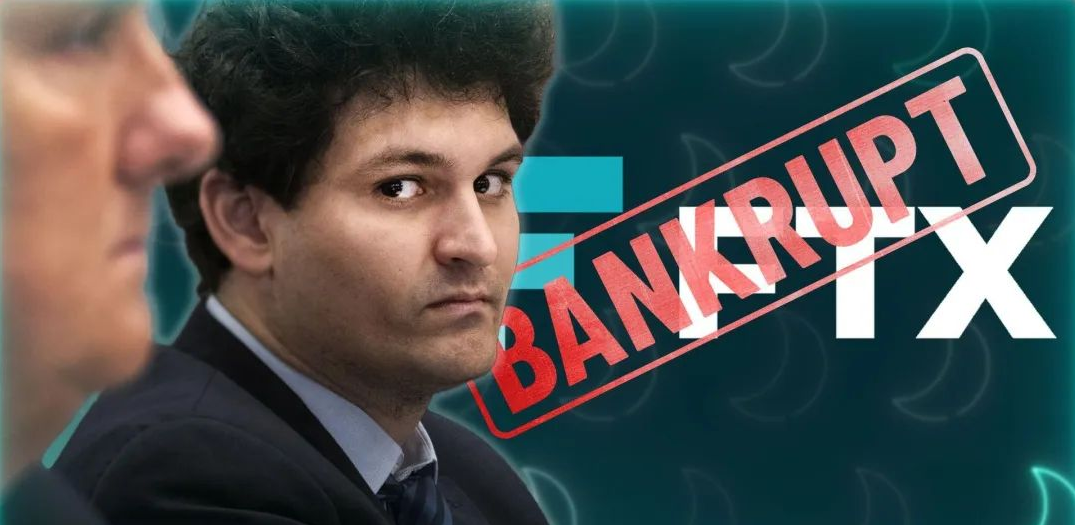What is Web4 of the European Union? Which industries will benefit from it?
What is Web4 in the EU and which industries benefit from it?“Open and permissionless blockchains will play a key role in the open virtual world… We are at the beginning of a major technological transformation, and Web 4.0 will radically change people’s daily lives.”
– European Union “Initiative” document
On July 12th, news from the policy side began to spread in the crypto world. Documents released by the European Union showed that the European Commission has passed a new strategy on Web 4.0 and the virtual world. The strategy aims to guide the next technological transformation and ensure an open, secure, trustworthy, fair, and inclusive digital environment for EU citizens, businesses, and public administrations.
While the crypto world is still stuck in the narrative of Web 3.0, has the European Union already moved on to Web 4.0? Finally, the traditional world is no longer a follower of the narrative and has taken a step ahead to open up the next mainstream narrative for the crypto world.
- Multi-dimensional analysis of NFT in the second quarter: Multi-chain competition intensifies outside of Ethereum, and Blur’s growth rate far outstrips its competitors.
- False exit, true entry: SEGA is raising the banner in the Web3 blockchain gaming arena
- How to stake on the EigenLayer mainnet
Whether you have a thorough understanding of Web 3.0 or not, let’s take a look at the European Union’s Web 4.0 plan.
What is Web 4.0?
Before looking ahead to Web 4.0, let’s review Web 3.0. The European Union document also provides a definition of Web 3.0: “The main features of the third-generation Internet Web 3.0 are openness, decentralization, and complete user sovereignty.” It can be seen that the European Union has already embraced the decentralized Web 3.0 concept that the crypto world has been advocating for years.
As for the future Web 4.0, the European Union disclosed in the document that “Web 4.0 refers to the expected fourth-generation Internet.” Specifically, this generation of the Internet uses a variety of advanced technologies, including artificial intelligence and environmental intelligence, the Internet of Things, trusted blockchain transactions, virtual worlds, and XR functionality.
In the fourth generation of the Internet, digital entities, real-world entities, and the environment will be fully integrated and able to communicate with each other, achieving a truly intuitive, immersive experience and seamlessly integrating the physical and digital worlds.
It is worth mentioning that although the European Union also lists blockchain as one of the cornerstones of Web 4.0, the wording in the initiative document is trusted blockchain, not the trustless blockchain supported by the native crypto world.
Is Web 4.0 too far from encryption?
As a long-term development strategy and future prospect, the technology of Web 4.0 seems too far away for the encryption market. Although blockchain technology is one of its foundations, trustworthy blockchain and the world of encryption are really far away. Under such strategic planning, what relevance does Web 4.0 have to the encryption market?
The committee believes that this technological transformation is extremely important because its open and free concept reflects the EU’s values, principles, and basic rights from the beginning. The strategy aims to ensure that European citizens can use the virtual world safely and confidently and enable European companies to develop world-leading applications.
“Web 4.0 should be driven by open technologies and standards to ensure interoperability between platforms and networks and to safeguard users’ freedom of choice.”
This sounds compatible with the spirit of the encryption world, but what about specific use cases and scenarios?
In terms of specific implementations, the EU has also given some specific prospects. For example, digital twins can help test and optimize production processes, which is of great significance to the manufacturing industry. And the virtual world provides new ways of creating, promoting, distributing content, and interacting with audiences, which is critical to the cultural and creative industries.
Unfortunately, these are not very relevant to the encryption market.
Which sectors of the encryption market are expected to benefit?
Although this strategy is too grand to find a focus that helps the encryption market at first glance, the Web 4.0 initiative still has a large section on the prospects of encryption technology.
The EU believes that blockchain is the key to realizing the virtual world. Its de-trust characteristic can support a large number of people and organizations to permanently record relevant information without the need for a trusted third-party authority.
The initiative mentioned that blockchain technology can be used to manage assets in the virtual world, such as virtual currencies or virtual real estate, and allow secure and transparent transactions within the virtual world.
This may be a positive development for the metaverse and other sectors. After all, the “virtual world” is one of the main future directions of this initiative. In addition, the initiative also mentions virtual real estate. (Perhaps future metaverse land will be deployed in Europe in the real world?)
We will continue to update Blocking; if you have any questions or suggestions, please contact us!
Was this article helpful?
93 out of 132 found this helpful
Related articles
- Aptos proposal “Gradual Upgrade of Mainnet Framework to v1.5.0” has opened for voting, which will introduce a new standard for creating replaceable assets.
- Regulatory Pressure Slows Down Capital Inflow, Ethereum’s Collateralization Rate Approaching a Key Milestone
- AlloyX: A liquidity collateral protocol based on RWA assets
- NFT lending protocol Gondi, developed by Florida Street, has completed a $5.3 million seed round of financing, led by Hack.vc and Foundation Capital.
- Injective, the pioneer of native chain order book.
- Bored Ape suffers from losses and is forced to sell, aristocratic holders become big losers
- Cross-chain vs Multi-chain






